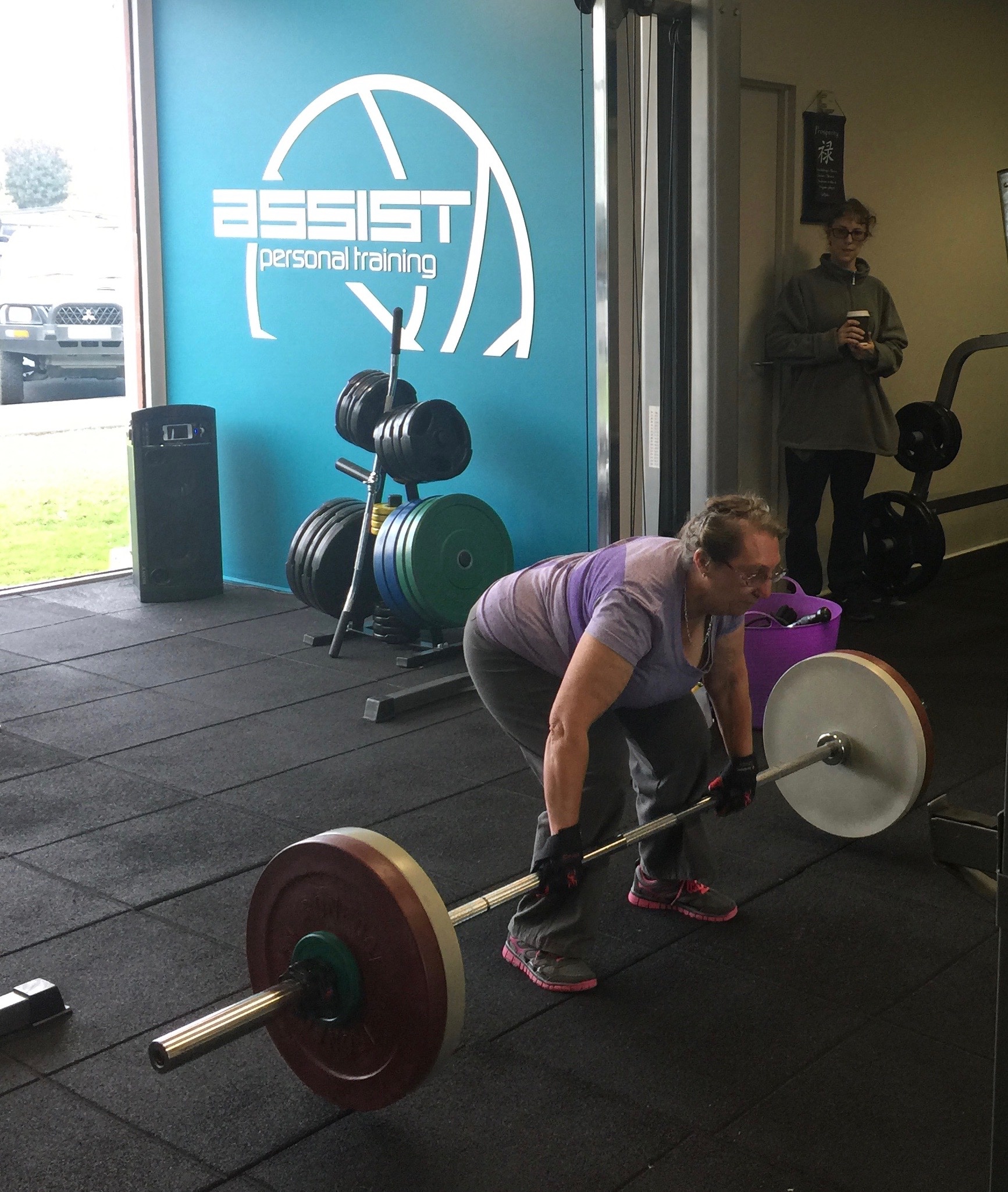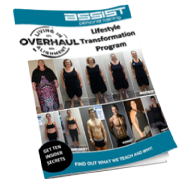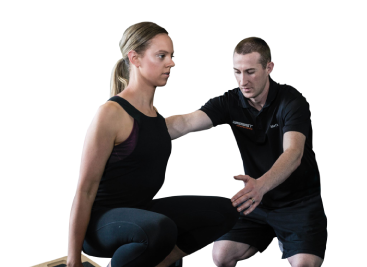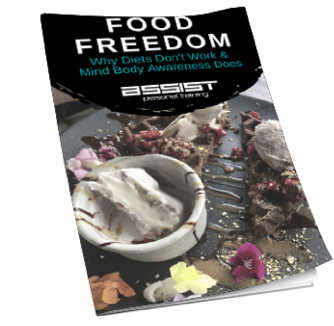
Anti-aging products and solutions are a booming industry but your humble barbell may be doing far more good for you than you may actually realise!
Muscle mass influences hormone profiles, fat metabolism and immune function. It affects our health, helps us maintain body composition and even slow down the ageing process! When it comes to anti-aging benefits, a structured resistance training program is a great tool to help release testosterone, growth hormone (GH) and insulin-like growth factor-1 (IGF-1), also known as the anti-aging hormones in the body.
As we age though, it becomes harder for us to preserve our muscle mass. The average adult can expect to lose around 25g of muscle mass every year from the age of 30 to 60 and gain approximately 500g of body fat each year over that same period. That works out to be a loss of 7.5kg of muscle and a 15kg gain of body fat! (Source: Dr. Paul Cribb) These changes are mainly due to changes in hormones, activity, nutrition and chronic or acute illness but these changes in body composition can have serious repercussions on our metabolism and our health. Osteoporosis, diabetes, cardiovascular disease, unwanted weight gain and decreased immunity to name a few.
Resistance training is the most effective way to gain lean muscle mass. Not only will resistance training improve our strength, endurance and body composition, research demonstrates that resistance exercise training has profound effects on the musculoskeletal system, contributes to the maintenance of functional abilities, and prevents osteoporosis, sarcopenia, lower-back pain, and other disabilities.
More recent seminal research demonstrates that resistance training may positively affect risk factors such as insulin resistance, resting metabolic rate, glucose metabolism, blood pressure, body fat, and gastrointestinal transit time, which are associated with diabetes, heart disease, and cancer.
Research also indicates that most of the benefits of resistance training are likely to be obtained in two training sessions a week with 15-20 minutes time under tension, so long as resistance training involves precise controlled movements for each major muscle group. Studies suggest that along with brief prescriptive steady-state aerobic exercise, resistance training should be a central component of public health promotion programs. It’s never too late to start training but one thing is for sure, the older you become, the more important resistance exercise becomes. Pictured above is our client Lola who was 71 the first time she began resistance training!
Lola loves her training and at 76, it’s not something she even dreams about giving up now. Her only regret is she never started sooner!
Make changes today your future self will thank you for! Reach out for a free consultation and we can have a chat about where you’re at and what will be most beneficial for you right now.





